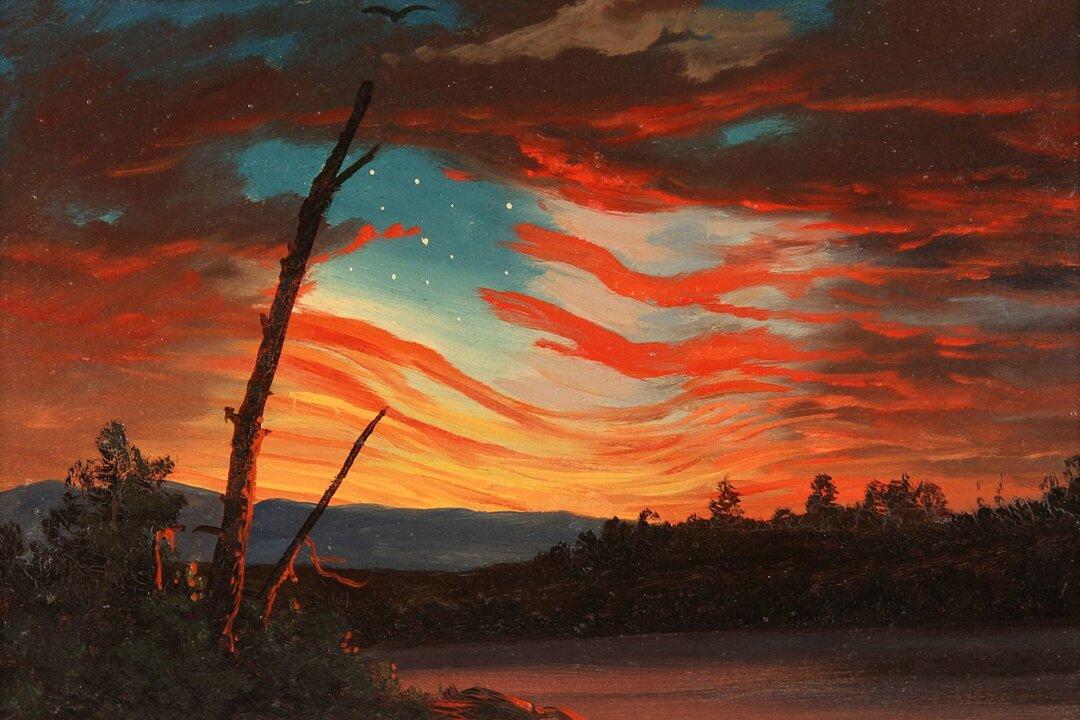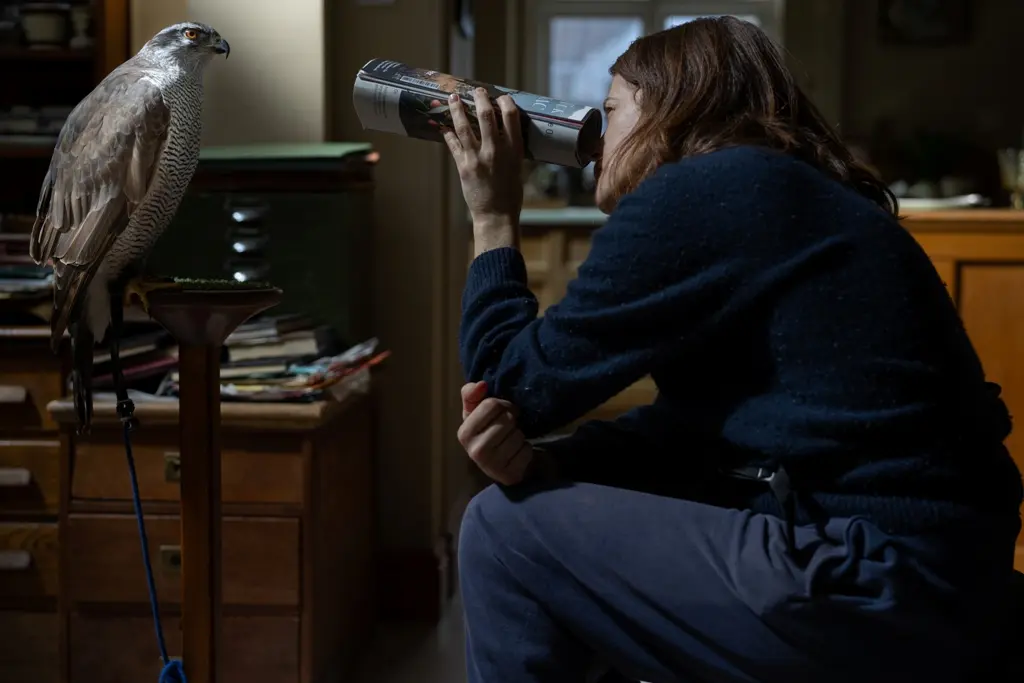In what will likely be my last in a series of Top 5 war-movie lists, I’ve taken on the unenviable task of paring over two dozen truly excellent motion pictures down to five. If this is my final war Top 5, I’m happy and proud to be going out on such a high note.
Since visiting the Gettysburg Battlefield as a wee lad, I’ve toured 16 others in Maryland, Virginia, the Carolinas, Tennessee, Georgia, and Florida over the last three decades. It is something every American should do at least once in their lifetime.
As opposed to previous lists, the titles here will be presented in alphabetical order as I believe each could be placed at number one, depending entirely on what one might be looking for regarding content.






